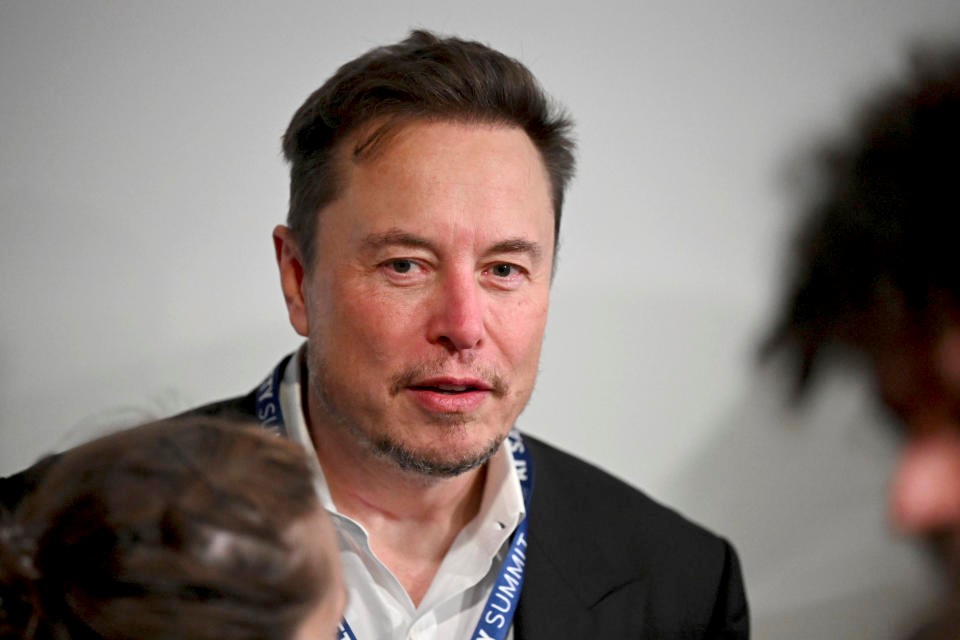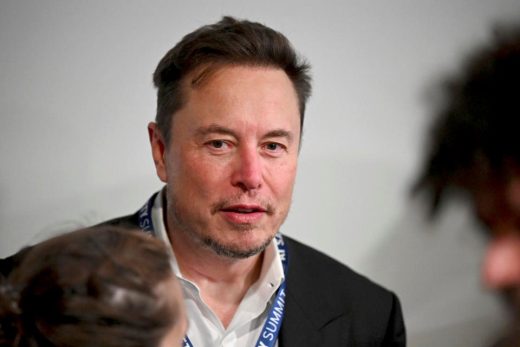OpenAI says Elon Musk wanted it to merge with Tesla to create a for-profit entity
OpenAI says Elon Musk wanted it to merge with Tesla to create a for-profit entity
The company has responded to Musk’s lawsuit by releasing his old emails.

Elon Musk, who sued OpenAI for violating its non-profit mission and chasing profits, allegedly wanted the organization to merge with Tesla when it was starting to plan its transition into a for-profit entity in order to accomplish its goals. Well, either that or get full control of the company, OpenAI said in a blog post. The organization responded to Musk’s lawsuit by publishing old emails from 2015 to 2018 when he was still involved in its operations.
When OpenAI introduced itself to the world back in 2015, it announced that it had $1 billion in funding. Apparently, Musk was the one who suggested that figure, even though OpenAI had raised less than $45 million from him and around $90 million from other donors. “We need to go with a much bigger number than $100M to avoid sounding hopeless… I think we should say that we are starting with a $1B funding commitment… I will cover whatever anyone else doesn’t provide,” he wrote, according to the company.
In 2017, OpenAI’s leaders realized that they truly did need a lot more money — billions of dollars — because artificial intelligence required vast quantities of computing power. That’s when they started discussing its transition into a for-profit structure. OpenAI said Musk was involved in the planning and originally wanted majority equity, control of the initial board of directors and the CEO position. However, the organization felt that it was against its mission to give one person absolute control over it. They couldn’t get to an agreement, and Musk reportedly withheld funding while talks were ongoing.
Musk then forwarded an email to OpenAI in 2018, which suggested attaching the organization to Tesla so that the automaker could provide its funding. He explained in his letter that he believed it was “the only path that could even hope to hold a candle to Google.” OpenAI didn’t say how their discussions progressed after that, but Musk’s idea obviously didn’t push through, and he soon left the company. In the last email from Musk that the organization posted, he said his “probability assessment of OpenAI being relevant to DeepMind/Google without a dramatic change in execution and resources is 0%.”
In his lawsuit, Musk accused OpenAI of being a “closed-source de facto subsidiary” of Microsoft, which uses its AI technology for products like Bing after investing $13 billion into the company. “Microsoft stands to make a fortune selling GPT-4 to the public, which would not be possible if OpenAI — as it is required to do — makes the technology freely available to the public,” the lawsuit argued. OpenAI said Musk was aware its mission did not imply open sourcing its artificial intelligence technology, though. It released an email in which Ilya Sutskever, its co-founder and chief scientist, told Musk: “As we get closer to building AI, it will make sense to start being less open. The Open in OpenAI means that everyone should benefit from the fruits of AI after its built, but it’s totally OK to not share the science.” Musk then responded with “Yup.”
“We’re sad that it’s come to this with someone whom we’ve deeply admired — someone who inspired us to aim higher, then told us we would fail, started a competitor, and then sued us when we started making meaningful progress towards OpenAI’s mission without him,” the company wrote in its post. After Musk filed his lawsuit, the company sent internal memos to its staff denying his allegations. Chief Strategy Officer Jason Kwon said in one memo that Musk’s claims “may stem from [his] regrets about not being involved with the company today.” Sam Altman said in another memo that he misses the person he knew who competed with others by building better technology. He also responded to a five-year old tweet from Musk thanking him for defending Tesla.
anytime ??
— Sam Altman (@sama) March 1, 2024
Musk’s lawsuit accuses OpenAI of breach of contract, breach of fiduciary duty and unfair competition. He is currently seeking a jury trial and wants the court to order OpenAI to follow its “longstanding practice of making AI research and technology” available to the public, as well as to prohibit it from using its technology for the financial benefit of Microsoft and any other particular organization or individual. Musk has yet to respond to OpenAI’s post.
(23)


